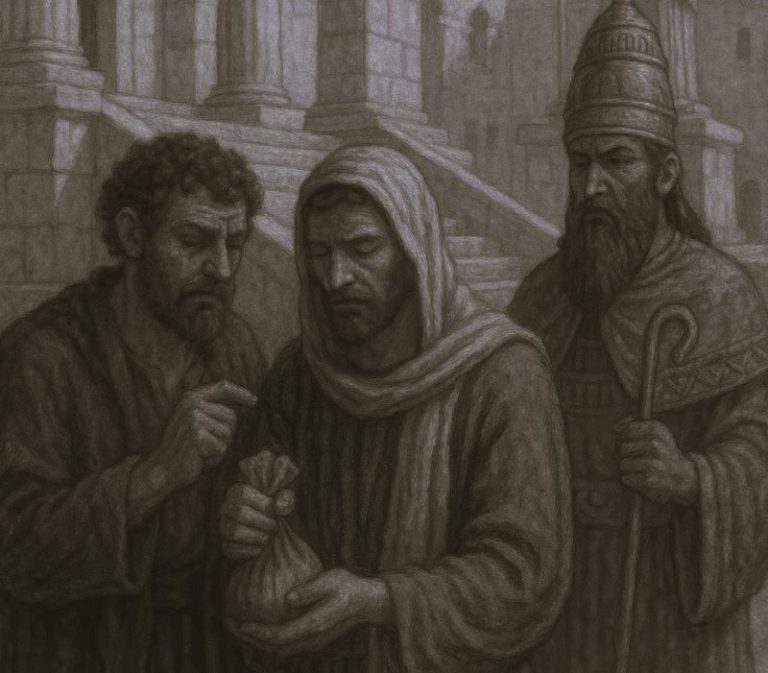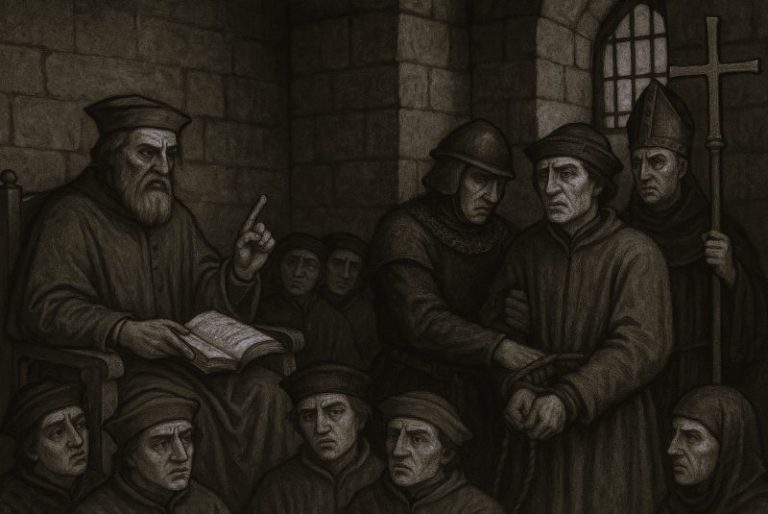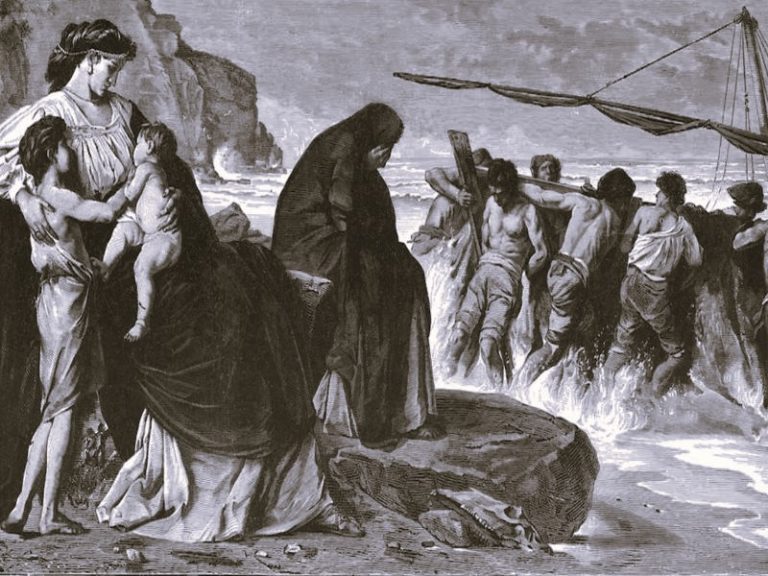

The quest for sympathetic plaintiffs is a storied part of what Supreme Court litigators do.

By Dahlia Lithwick, J.D.
Legal Columnist
Slate
A few months ago, professor Katherine Franke suggested, in a conversation on my podcast Amicus, that the current Supreme Court seems to be working its way toward what she called a “tiered” system of constitutional rights, one that would, in any conflict arising between the two, almost unerringly privilege religious liberty over every other right or interest, whether it was public health, or LGBTQ dignitary interests, or reproductive freedom. She suggested that because religion is explicitly named in the Constitution and those other freedoms or values are not, religion will win every time. More striking still was Franke’s claim that as a result of decadeslong efforts to privatize social welfare, justice, and health care, and with religious entities rushing in to fill those spaces, even the remaining structures of the public sector will always appear to be anemic, anonymized, and collective.
As she put it, in a conversation about abortion rights, “we have delegated to the private sector—largely religious or faith-based organizations—the job of thinking morally, and now all government is there for, all the public sector is there for, is a coordination function.” She added that “when you have the thick morality of religion up against a thin administrative state that doesn’t have any commitment to a good society, the public sector will always lose.”
That “thin” public morality is now responsible for the daily business of keeping us healthy, educating our children, and keeping the public safe. But when it clashes with a good story about a lone actor attempting to live their moral and spiritual life, it is persistently set aside as unimportant—a faceless, pointless bureaucracy. Consider that the entire CDC was flipped off last week by a Florida district court judge fighting for the “liberty” interests of unmasked travelers; consider that the Supreme Court did something similar this winter over the Biden administration’s test-or-mask mandate; or that the court did much the same thing on the shadow docket when it allowed religious adherents to challenge early COVID lockdown orders.
So long as the public morality around democratic institutions is cast in terms of pencil pushers and rules, there will never again be a public health, education, child welfare, or other mandate that cannot be brushed aside with the argument that a lone person of faith is suffering under its heartless, bureaucratic strictures.
One of the points Franke was making at the time was that individual moral actors, particularly religious adherents, will always prove to be a better vehicle for the kind of moral storytelling required to prevail in a court, and that the interests of an impersonal civil rights infrastructure, or a public health regime, will always feel less ethically urgent. As she put it, “that’s why we lost the COVID court cases: Religion is so much more important than whatever kind of collective morality we might be able to muster around protecting public health. Religion has captured so much of what we even might think of as secular public health values.”






